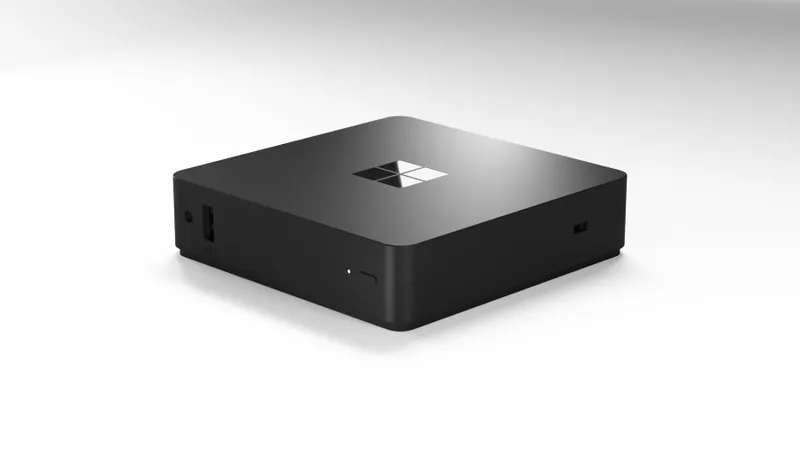
Is Google’s Chrome on the Chopping Block? U.S. Government Moves to Reshape Big Tech!
2024-11-21
Author: Jessica Wong
In a dramatic shift for the tech landscape, the U.S. Justice Department, alongside several states, has petitioned a federal court to compel Google to sell its widely popular Chrome browser. This unprecedented move follows a critical ruling in August by Judge Amit P. Mehta, who determined that Google has been illegally maintaining a monopoly in the online search market.
According to the Justice Department’s request, the proposed sale of Chrome aims to tackle the search monopoly that has long favored Google, raising questions about the company's future in the digital arena. In addition to Chrome, the government also suggested that Google either sell its Android operating system or eliminate the requirement that makes its services pre-installed on Android devices. If Google's compliance is deemed inadequate, they could later be forced to divest Android as well.
The sweeping proposals signal a seismic change reminiscent of the early 2000s when the Justice Department sought to dismantle Microsoft’s monopoly. Would a ruling in favor of these proposals set a precedent for concurrent investigations into tech giants like Apple, Amazon, and Meta? This is a crucial moment for regulatory action.
Chrome, launched in 2008, accounts for approximately 67% of the global browser market, as reported by Statcounter. Its integrated search engine fuels Google's robust online revenue stream. Similarly, Google's Android operating system dominates around 71% of the mobile software market, showcasing an entrenched ecosystem that keeps users within Google's many services.
The government argues that Google has distorted competition through illegal conduct, leading to an unlevel playing field in the tech landscape. "The remedy must close this gap and deprive Google of these advantages," stated the Justice Department in their filing.
However, legal analysts warn that forcing the sale of Chrome and Android might face skepticism from Judge Mehta, citing precedents from past antitrust cases. “That’s going to be an uphill climb for the government,” noted Doug Melamed, a prominent antitrust expert.
Google, in response, vehemently criticized the government’s plan as “extreme,” suggesting that such actions would dismantle products beloved by users and significantly disrupt the tech marketplace.
As regulatory scrutiny intensifies, it remains uncertain how these efforts will fare under the incoming administration of President-elect Donald J. Trump, who may take a different approach to big tech regulation than his predecessor.
The antitrust case against Google gained momentum following a 10-week trial last year, where evidence revealed Google's lucrative deals with major partners, including Apple and Samsung, to secure its status as the default search engine. In 2021 alone, Google reportedly spent a staggering $26.3 billion on these arrangements.
Moreover, the government seeks to address the rise of generative AI by asking the court to ensure that Google cannot retain stakes in AI firms controlling technology that could compete with search engines. This move reflects growing concerns about how AI could reshape the tech industry and further entrench existing monopolies.
As both sides prepare their final positions before Judge Mehta's anticipated ruling later this summer, one thing is clear: the era of unchecked dominance by Big Tech may be coming to an end, and the battle for a fair digital marketplace is only just beginning. Are we witnessing the dawn of a new age for antitrust laws in the tech industry? Stay tuned!




 Brasil (PT)
Brasil (PT)
 Canada (EN)
Canada (EN)
 Chile (ES)
Chile (ES)
 España (ES)
España (ES)
 France (FR)
France (FR)
 Hong Kong (EN)
Hong Kong (EN)
 Italia (IT)
Italia (IT)
 日本 (JA)
日本 (JA)
 Magyarország (HU)
Magyarország (HU)
 Norge (NO)
Norge (NO)
 Polska (PL)
Polska (PL)
 Schweiz (DE)
Schweiz (DE)
 Singapore (EN)
Singapore (EN)
 Sverige (SV)
Sverige (SV)
 Suomi (FI)
Suomi (FI)
 Türkiye (TR)
Türkiye (TR)